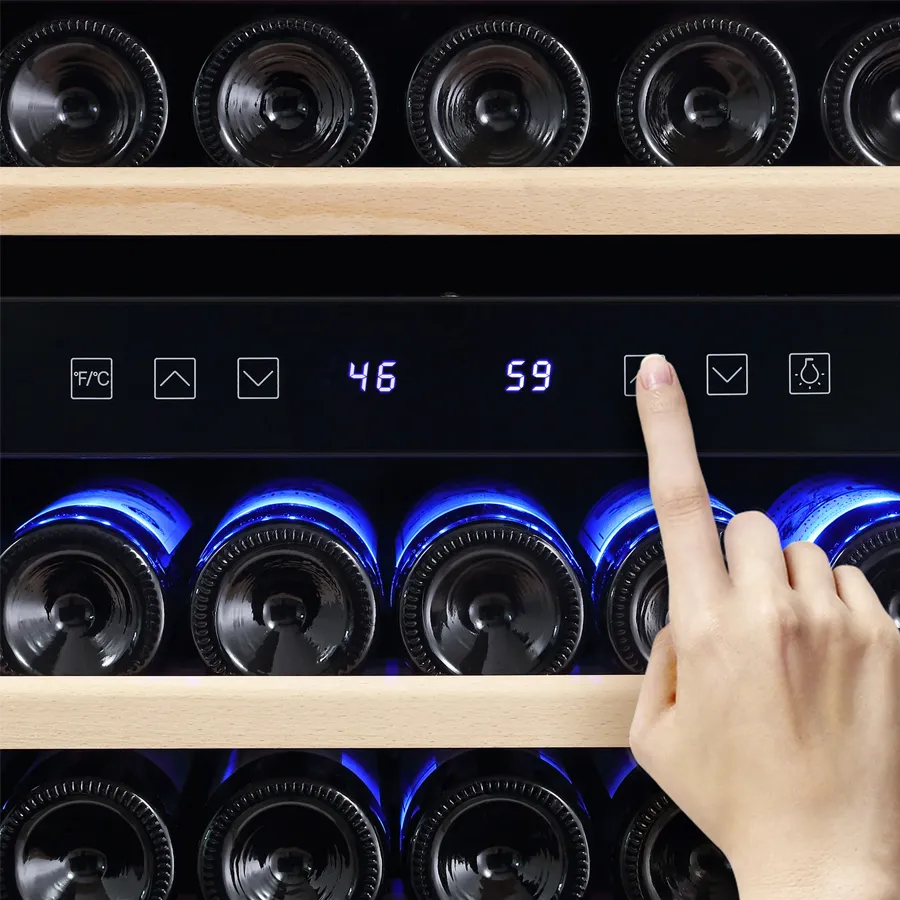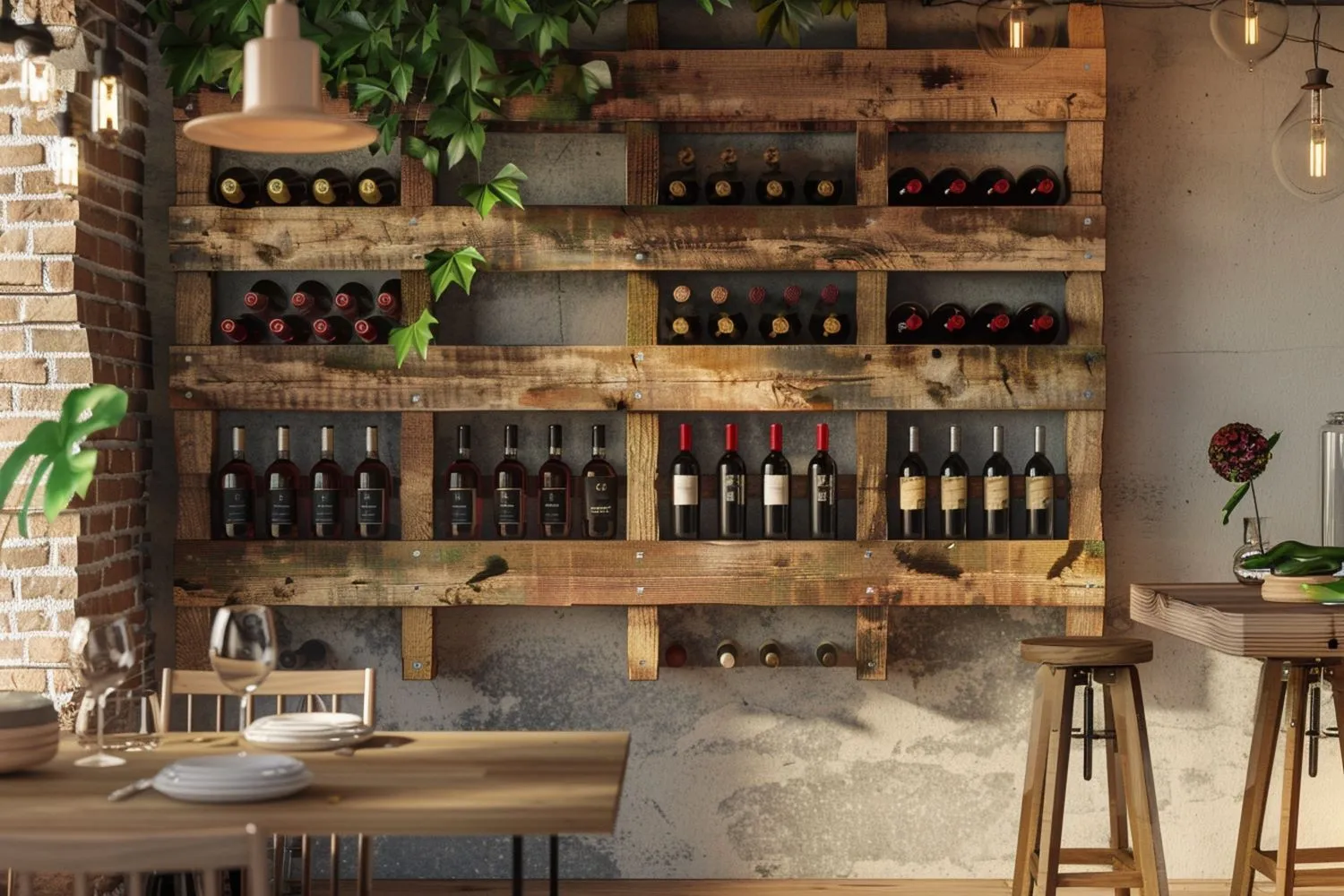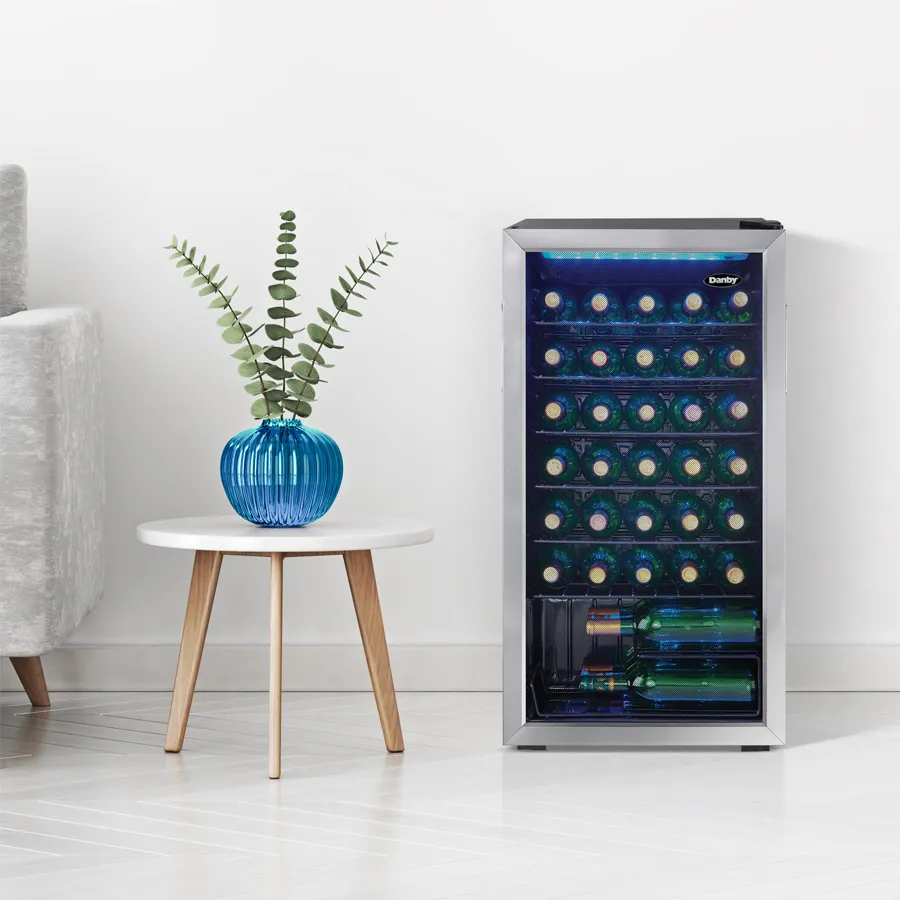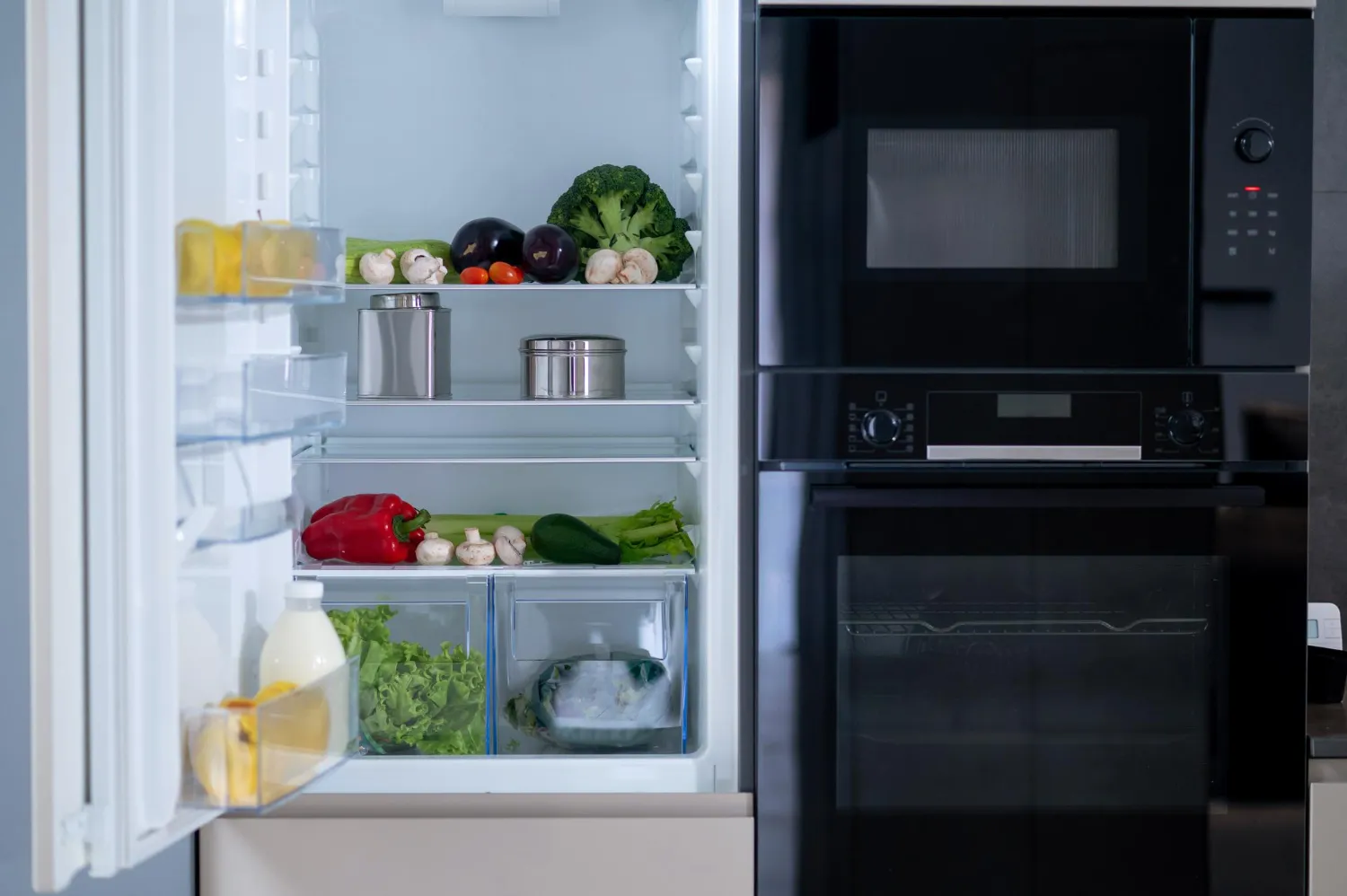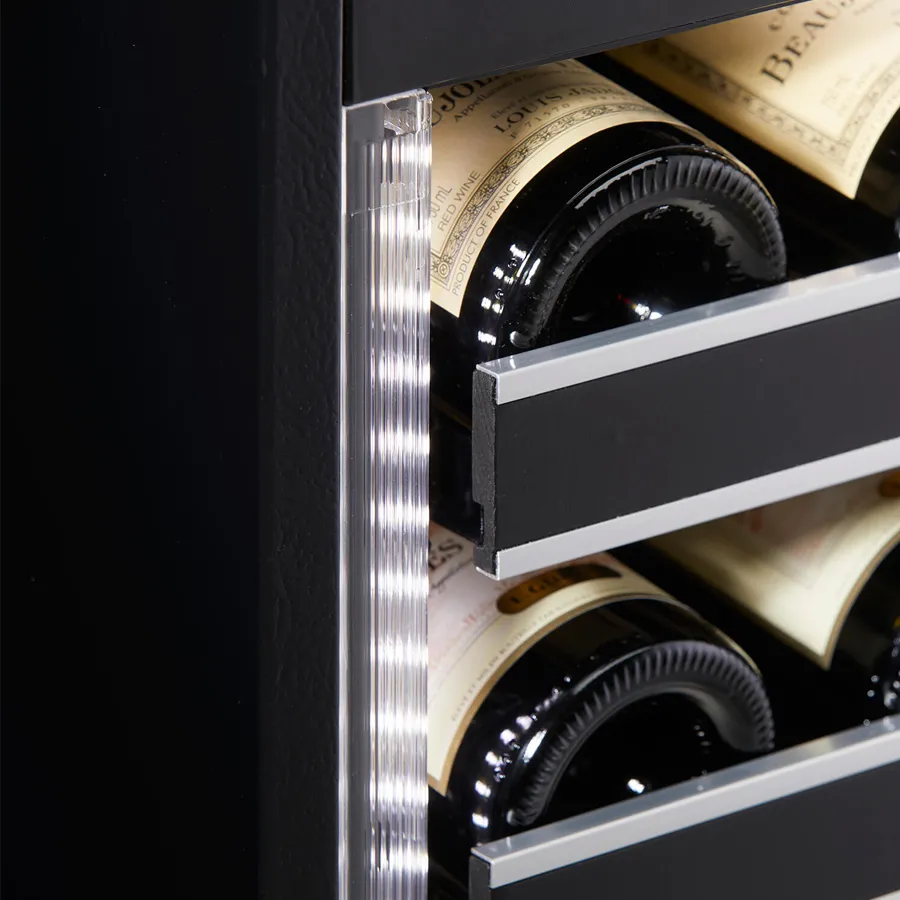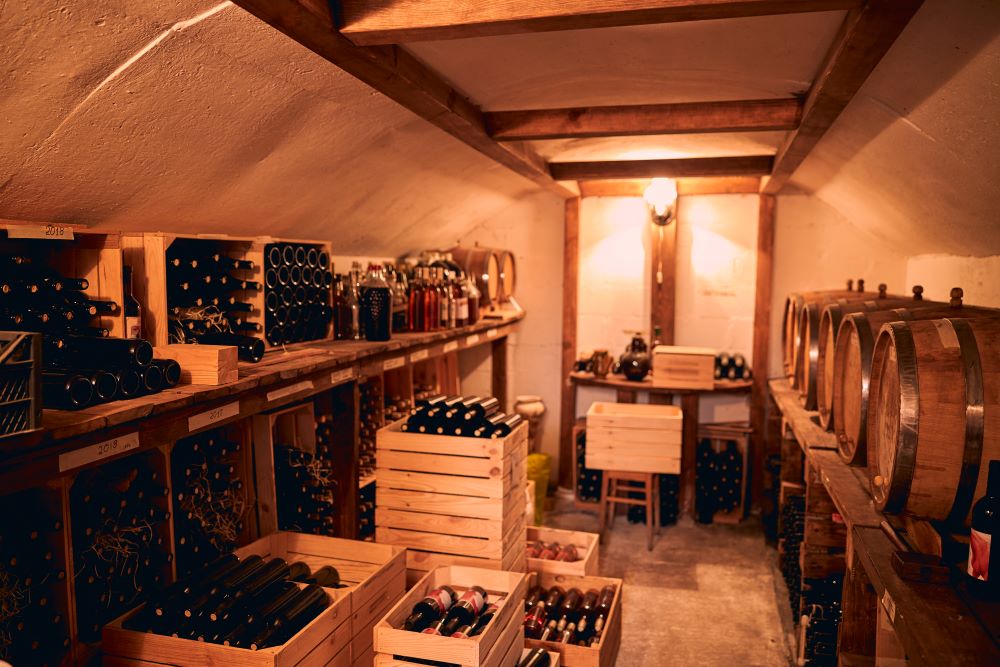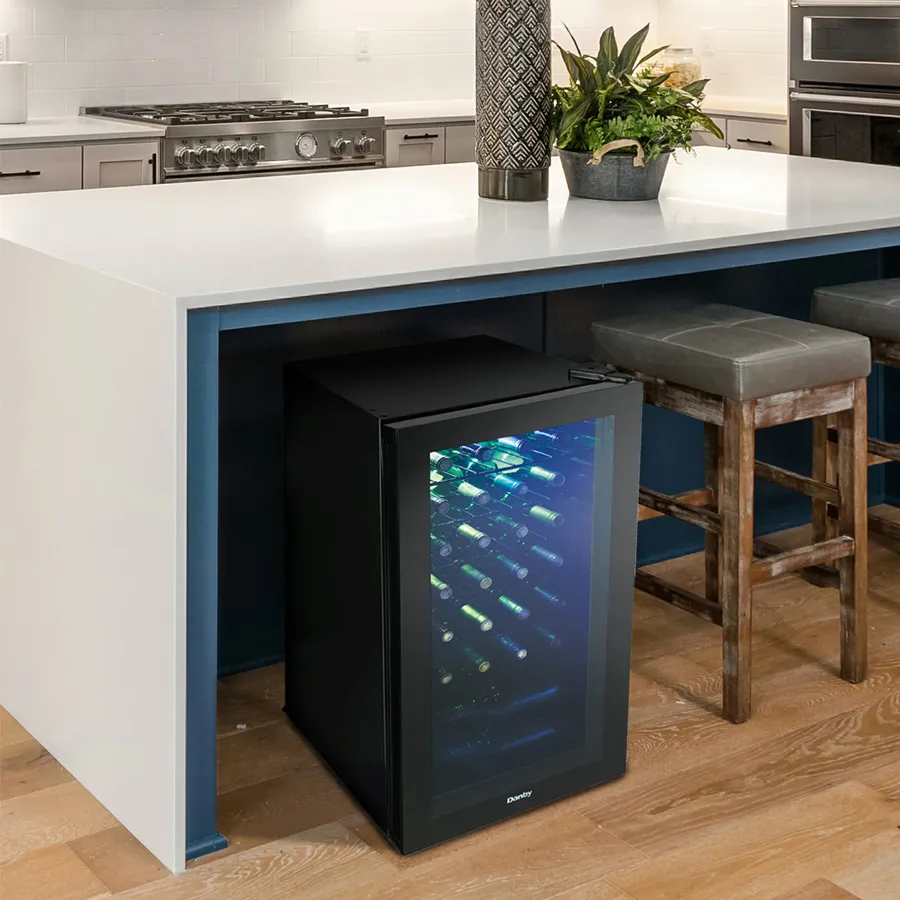Do you need more information before purchasing a compressor wine cooler refrigerator? We’ve got your backs covered, so to speak. To help you make a well-informed purchase, we’ve laid out the fundamentals of how a compressor wine cooler refrigerator functions.
What is Compressor Wine Cooler Refrigerator?
A compressor wine cooler refrigerator is distinguished most noticeably by its unique cooling system. It uses a compressor to regulate the internal temperature of the cooler in the same way that a standard refrigerator does. This compressor-driven system provides reliable cooling, keeping your wine collection at just the right temperature. If you are looking for a wine cooler that offers powerful cooling capabilities and can handle a larger storage capacity, a compressor wine cooler might be the right choice for you.
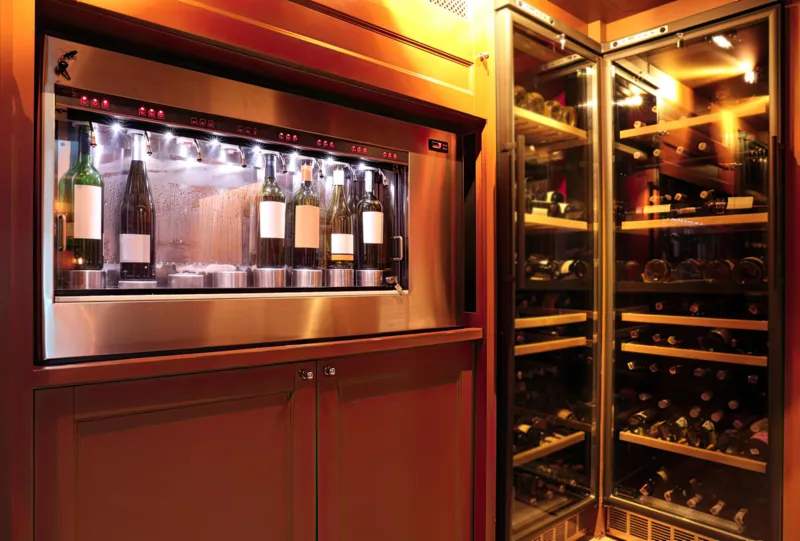
Behind the sleek exterior of a compressor wine cooler refrigerator lies a complex system of components that work together to create the ideal storage environment for your wine collection. The compressor, condenser, evaporator, and expansion valve all play critical roles in regulating the temperature inside the cooler. The compressor acts as the heart of the system, circulating refrigerant and maintaining the desired temperature. The condenser then cools the refrigerant, turning it into a liquid, while the evaporator absorbs heat from inside the cooler, causing the refrigerant to evaporate and cool the interior. The expansion valve controls the flow of refrigerant, ensuring that the cooling process operates efficiently.
How does Compressor Wine Cooler Refrigerator Work?
At its core, the refrigeration process involves the transfer of heat from inside the wine cooler to the outside environment. This is achieved through the use of refrigerant, which undergoes a cycle of compression, condensation, expansion, and evaporation to absorb and release heat.
Here is 7 steps of compressor wine cooler refrigerator work
- Cooling Process: The compressor wine cooler has a refrigerant fluid, such as Freon, inside its system. This fluid has a low boiling point, which means it can easily change from a liquid to a gas and vice versa.
- Compressor: The first step is the compressor. This is the heart of the cooling process. The compressor pressurizes the refrigerant gas, causing its temperature to rise. The hot gas then moves to the next stage.
- Condenser: The hot gas flows into the condenser, which is a coil located at the back or bottom of the wine cooler. Here, the heat from the gas is transferred to the surrounding air. As a result, the gas cools down and converts back into a liquid state.
- Expansion Valve: The cooled liquid refrigerant then moves to the expansion valve, which is a small opening between the high-pressure side (condenser) and the low-pressure side (evaporator) of the system. Once the liquid passes through this valve, its pressure drops rapidly.
- Evaporator: The low-pressure liquid refrigerant enters the evaporator, which is another coil located inside the wine cooler. At this point, the liquid evaporates and turns into a gas, absorbing heat from the inside of the cooler. This evaporation process cools the interior of the wine cooler.
- Fan: A fan is placed inside the wine cooler to help circulate the cold air produced by the evaporator. This ensures that the entire storage space is kept at a consistent temperature.
- Recycling: Finally, the low-pressure gas returns to the compressor to repeat the cycle, removing more heat and continuing the cooling process.

Advantages of Compressor Wine Cooler Refrigerators
Larger Storage Capacity:
Compressor wine coolers generally have larger storage capacities compared to thermoelectric models. This means you can store a larger quantity of wines at a time, making it an ideal choice for wine enthusiasts or collectors who have a substantial wine collection
Faster Cooling:
These wine coolers have a greater capacity to cool quickly because of compressor technology. A compressor wine cooler is ideal if you need to cool down bottles of wine for a vital event quickly.
Suitability for Various Environments:
Compressor wine coolers are versatile and can operate effectively in various ambient temperatures. They are not as sensitive to external temperature fluctuations as thermoelectric coolers, making them suitable for environments with varying climates, thus providing the ideal storage environment for the wine.
Disadvantages of Compressor Wine Cooler Refrigerators
Noise Level:
Compressor wine coolers can be noisier compared to thermoelectric models. The compressor unit generates some noise during its operation, which can be noticeable, especially in quiet environments. However, manufacturers are continually working on reducing noise levels in newer models
Higher Energy Consumption:
Compressor wine coolers tend to use more energy compared to thermoelectric models. The compressor system requires more power to operate, leading to slightly higher energy consumption. However, the energy difference is typically minimal and shouldn’t significantly impact your electricity bills.
Vibrations:
The compressor in wine coolers can produce vibrations as it runs, which can, in some cases, disturb the sediment in aging wines. While this is not a major concern for most wine enthusiasts, those with a collection of delicate or older wines might prefer a vibration-free storage solution like a thermoelectric cooler.
Maintenance:
Compressor wine coolers require occasional maintenance to ensure proper functioning. This usually involves cleaning the condenser coils, checking the coolant levels, and replacing any worn-out components. Regular maintenance helps maximize the unit’s lifespan and keeps your wines in optimal conditions.
Considering all points, you now have a better understanding of how a compressor wine cooler refrigerator works. By using a compressor to control temperature and a refrigerant to absorb and release heat, these coolers are able to maintain the optimal conditions for storing your wine. The precise regulation of temperature and humidity ensures that your wine is kept in the best possible conditions, allowing it to age gracefully and develop its full flavor potential. If you are considering purchasing a wine cooler refrigerator, you can feel confident in your understanding of how it operates and its ability to preserve your wine collection.











